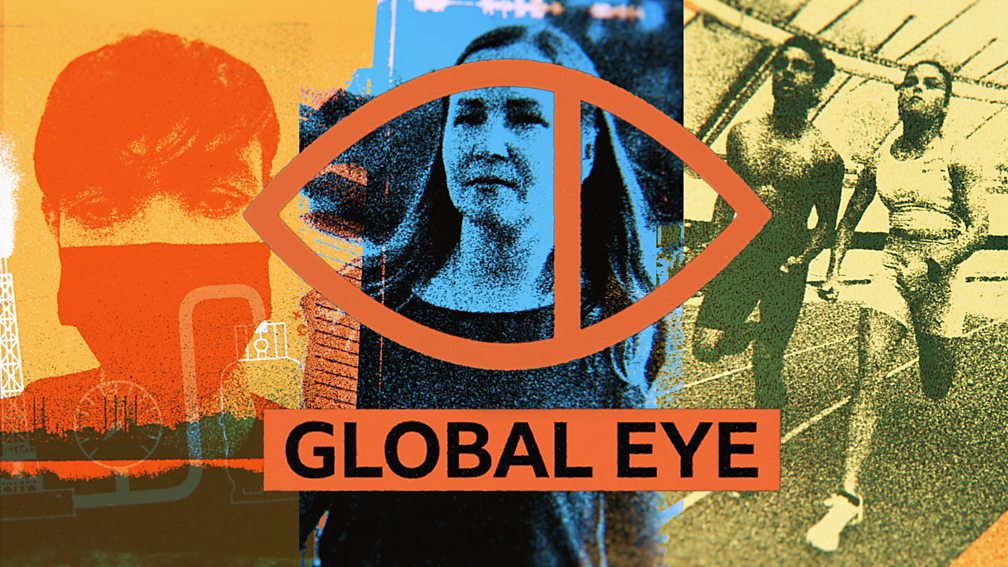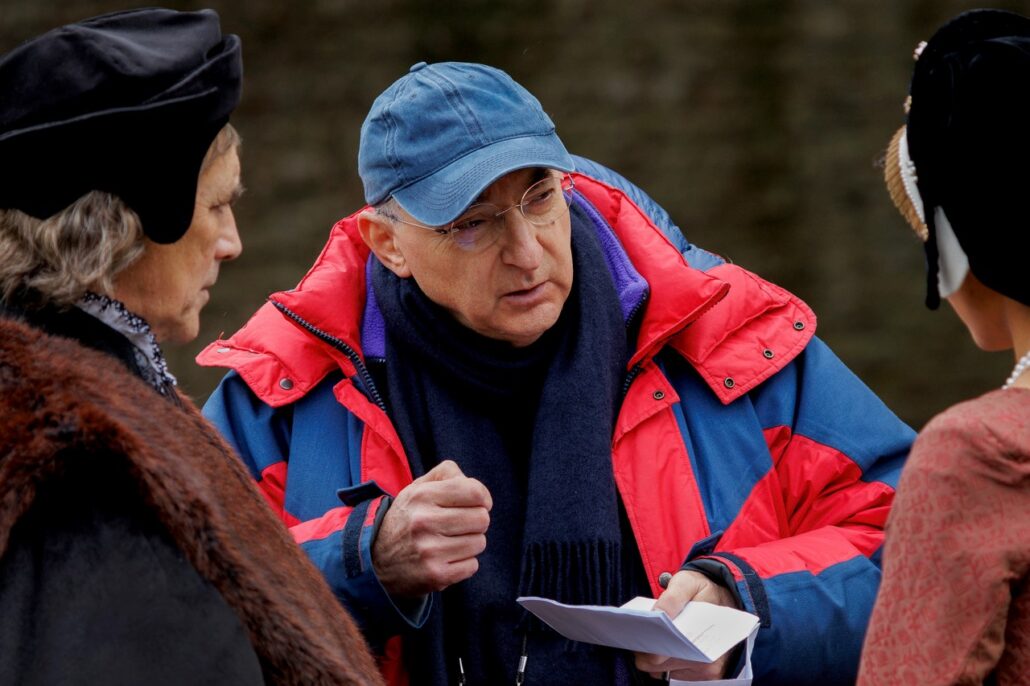The Sandford St Martin Trust recently collaborated with the University of Leeds, the International Broadcasting Trust (IBT) and the Campaign for the Arts on research which has uncovered significant failings by the UK’s public service broadcasters (PSBs) in making key interest genres – including religion and belief, the arts and international issues – visible and accessible on their streaming platforms. The report makes a series of urgent recommendations aimed at restoring the values of public service broadcasting in the digital age. You can read the full report and recommendations online here; the Sandford St Martin Trust argues that programmes about religion and belief are not a minority interest but are essential to understanding who and where we are.

Religiously literate programmes are too valuable to ignore
This report’s conclusions that programmes about religion or belief are hard to find – when they exist at all – is disappointing but hardly a surprise. In some ways they reflect the pressures which exist in an increasingly competitive globalised industry. That they persist at all is a reflection of the value audiences put on what they consider to be a key area of PSM (Public Service Media).
But more generally the conclusions of this report are disturbing indeed. They suggest that our public service broadcasters have little interest in questions of religion or ethics – a suggestion which has grown over the last two decades and was made manifest when any reference to the genre was dropped from the 2024 Media Act. This is in part the consequence of the decline in organised religion, especially in mainstream Christianity, over the period – but it’s also indicative of a narrowness of vision.
It’s not uncommon in our secular nation for religion to be written off as a minority interest. Doing so misunderstands not just how the vast majority of the world’s population understands their place in the world but how they understand ours as well. From the Middle East to America, Russia to India, across Africa and around the world, religion or religious identity inform politics, economics, society and culture. The biggest conflicts today – whether between or within nations – all involve clashes arising from what people do or do not believe. Even here at home, the recent debates on assisted dying, abortion and asylum have shown how closely belief impacts our lives.
Traditionally we have depended on our public service broadcasters to provide us with religiously literate and unbiased coverage of these issues. These programmes are essential to understanding who and where we are. Going forward, whether it’s via traditional or new broadcast platforms, they remain much too valuable to ignore.
To read Behind the Screen report and recommendations, click here.







Leave a Reply